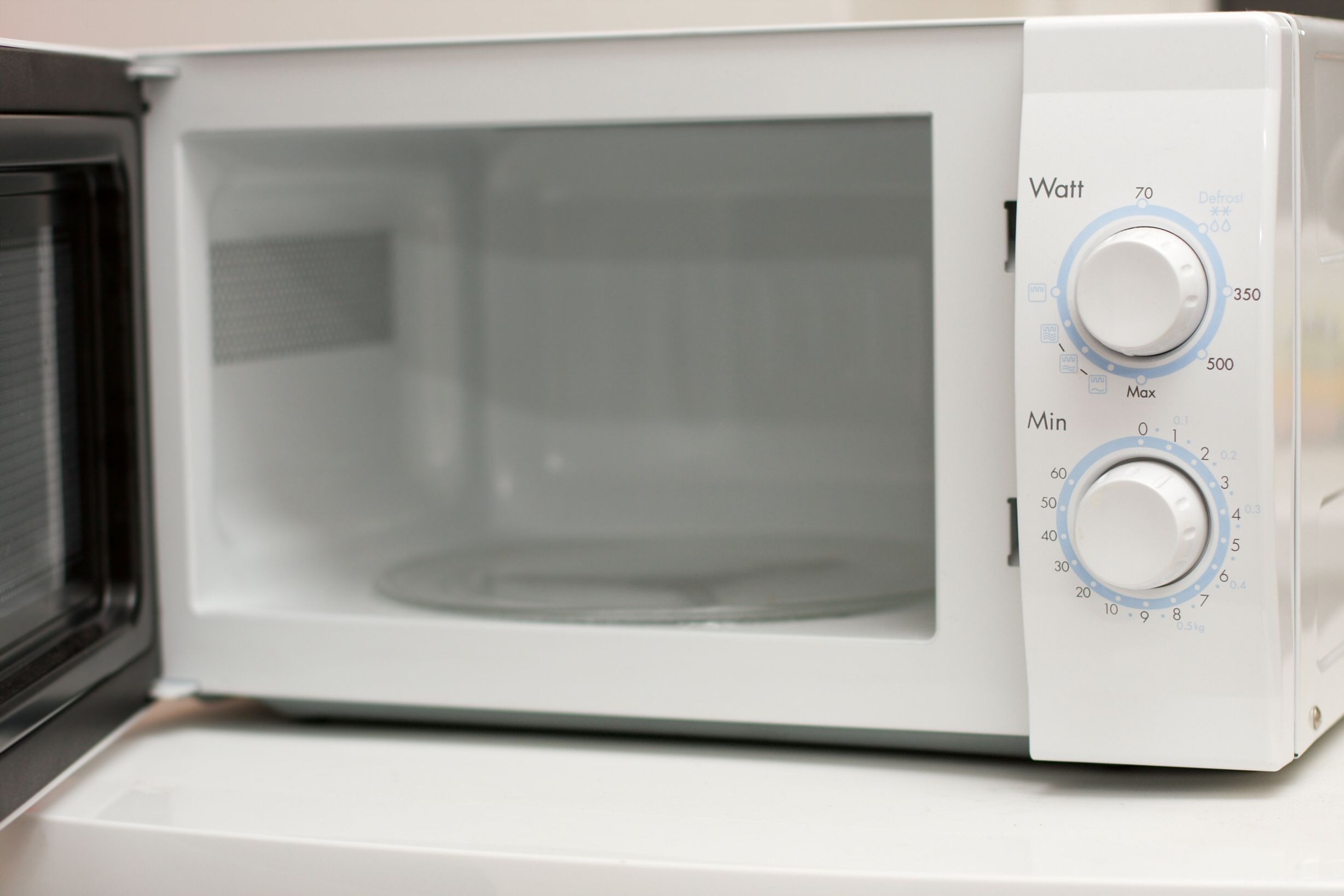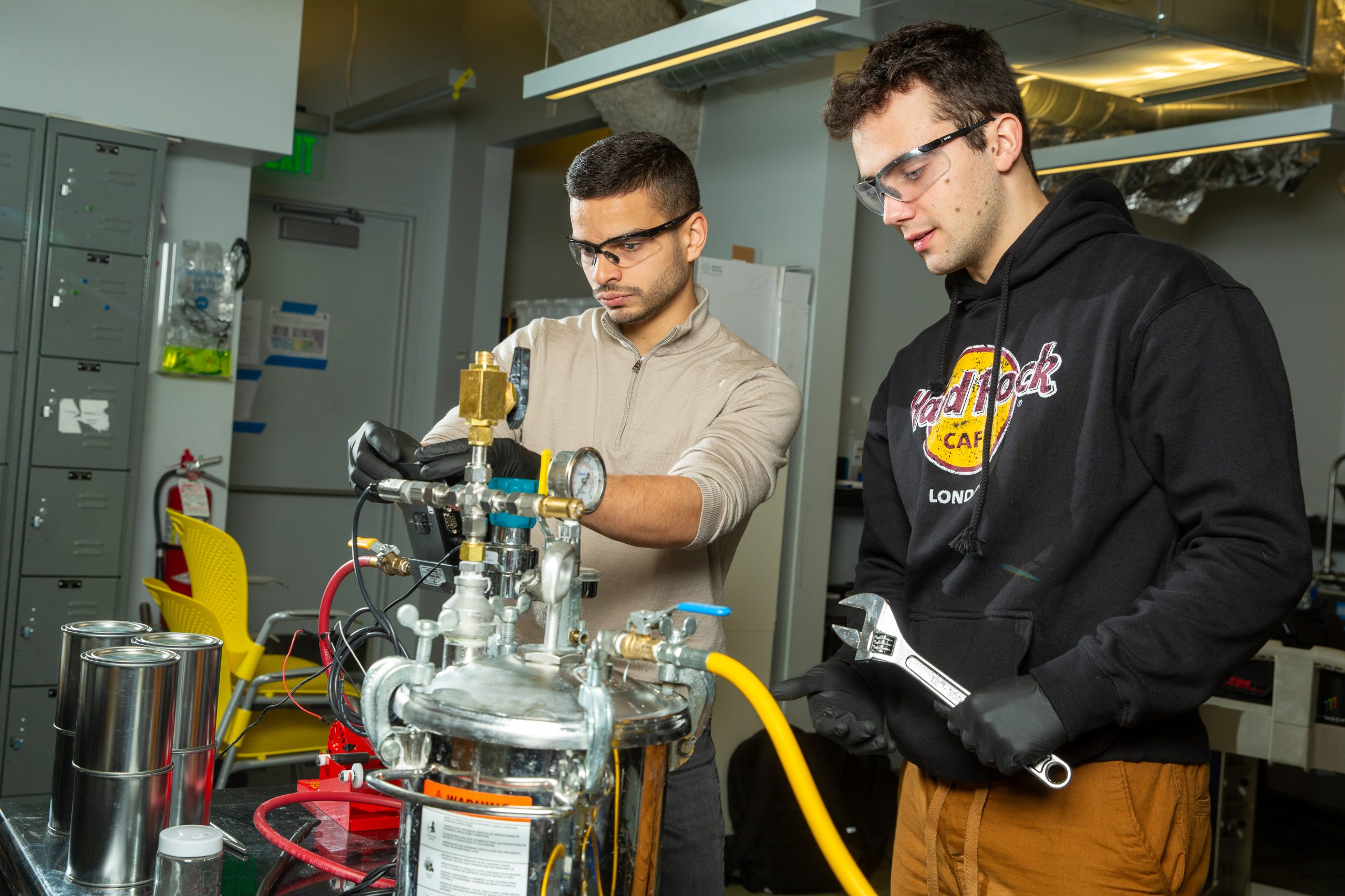Although it can seem like an endless void from Earth, the truth is that our near-space area is getting quite crowded, with more than half a million objects now orbiting the planet at speeds high enough to destroy satellites and do serious damage to the International Space Station.
This space junk is made of many old satellites and both natural and man-made debris, and every time a new satellite is launched it adds to the risk of a collision. Looking to find a solution to this growing problem posed by space agencies, a group of economists have recently come with an interesting proposal.
In a paper published in the Proceedings of the National Academy of Sciences, the researchers noted that the most effective way to solve the space debris problem wouldn’t be to capture it but instead to introduce a new “orbit tax” for every satellite put into orbit — an economic instrument similar approaches already in place to tax carbon emissions and for fisheries management.
The objects crowding low-Earth orbit are an example of what economists call the Tragedy of the Commons – when many individuals acting in their own self-interest ultimately ruin a shared resource and aren’t held accountable for the cost their satellites impose on other operations.
There have been many solutions to the issue of space junk, including technology which can capture debris using nets or harpoons, or destroy it with lasers. But the researchers say these solutions won’t work because they don’t change the incentives for satellite operators.
An orbit tax, on the other hand, would extend the responsibility of satellite operators by imposing a tax calculated to reflect the cost to the industry of putting another satellite into orbit. Such an economic incentive would force operators to think twice before they add another satellite in orbit unless it really adds value.
With thousands of new satellites expected to be launched in the next few years — all of which bear the risk of collision and eventually becoming space junk themselves — an orbit tax doesn’t seem like such a bad idea after all.












